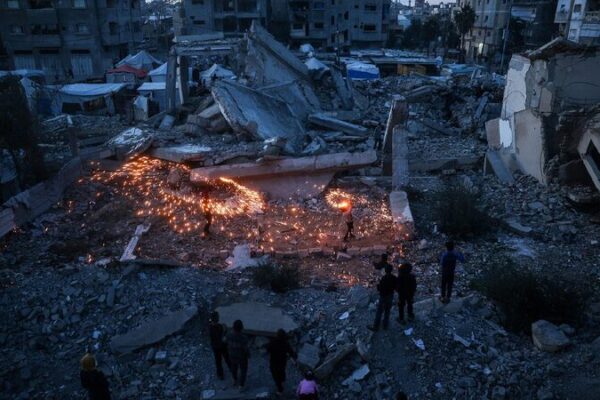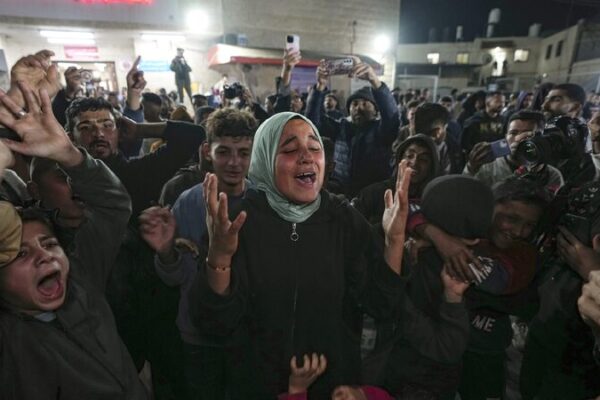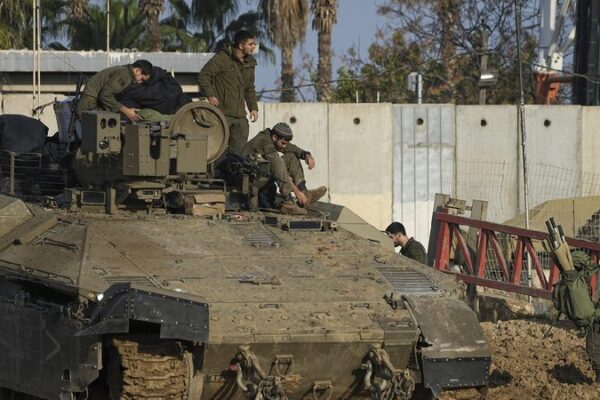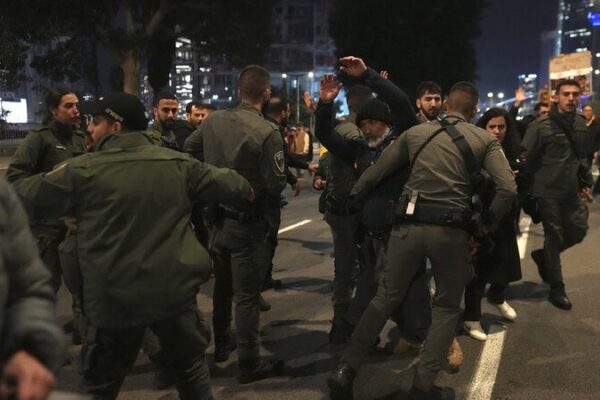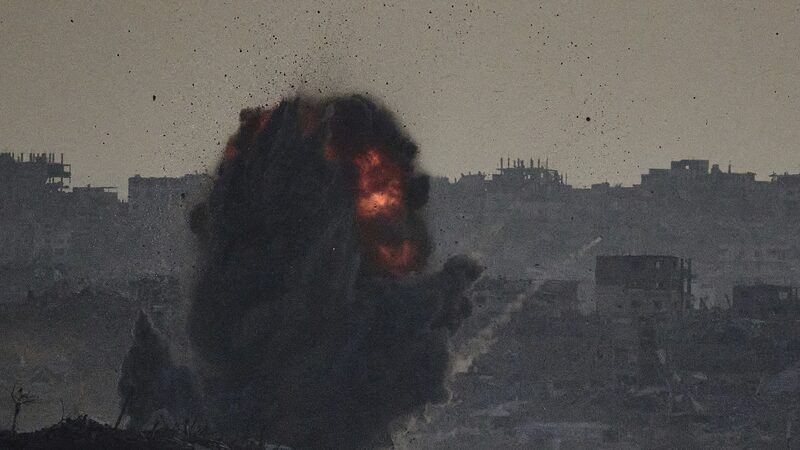Gaza City—The fragile ceasefire between Israel and Hamas is facing increasing strain as the sixth round of hostage-prisoner exchanges concluded on Saturday. While dozens of hostages and hundreds of Palestinian detainees have been released since the truce began, the path to lasting peace remains uncertain.
The recent exchange saw Israel release 39 Palestinian detainees in return for 13 hostages freed by Hamas. However, tensions have escalated, with Hamas accusing Israel of delaying aid deliveries and restricting the return of displaced Palestinians to northern Gaza. These actions, according to Hamas officials, are violations of the ceasefire agreement.
The truce, brokered by Egypt, Qatar, and the United States, is part of a broader effort to alleviate the humanitarian crisis in Gaza and pave the way for longer-term negotiations. Yet, disagreements over key issues threaten to derail the progress made so far.
International mediation efforts have been complicated by differing perspectives on Gaza’s future. While the United States has called for a demilitarization of Gaza, Hamas insists on a complete lifting of the blockade and an end to military actions.
“For the ceasefire to hold, both parties must adhere strictly to the terms agreed upon,” a spokesperson for the United Nations stated. “Any actions that undermine trust could lead to a resurgence of violence, which would be disastrous for the civilian population.”
Humanitarian organizations have expressed concern over the dire conditions in Gaza. Despite increased aid shipments during the ceasefire, shortages of essential supplies like food, clean water, and medical equipment persist. The displaced population continues to face immense challenges, with calls for more substantial and sustained relief efforts growing louder.
The ceasefire’s second phase, which involves negotiations for a permanent truce and reconstruction plans, has become a sticking point. Israel’s demand for the disarmament of Hamas contrasts sharply with Hamas’s calls for sovereignty and an end to what it describes as an occupation.
Regional leaders are urging both sides to find common ground. “Stability in Gaza is crucial for the entire region,” said a representative from the Arab League. “We must work collectively to support a peaceful resolution that addresses the legitimate concerns of all parties involved.”
As the ceasefire teeters, residents of Gaza and southern Israel remain on edge, hoping that diplomacy will prevail over renewed conflict. The coming days are critical in determining whether this fragile peace can be maintained and built upon for a sustainable future.
Reference(s):
Gaza ceasefire remains under threat after 6th hostage-prisoner swap
cgtn.com




